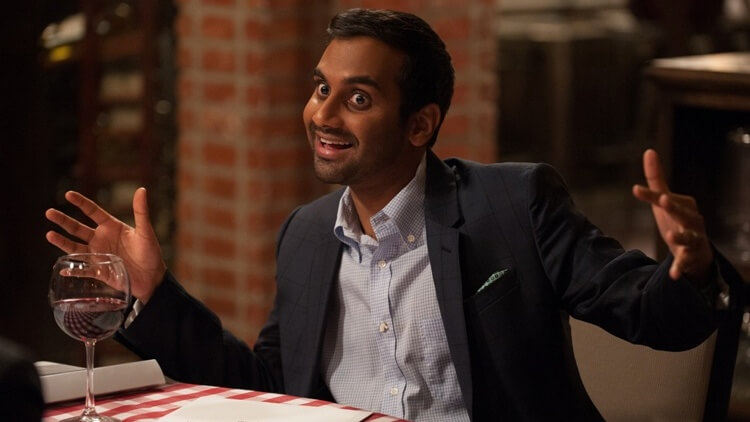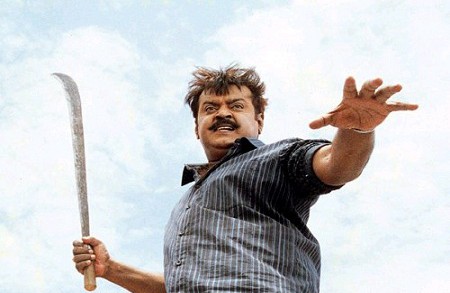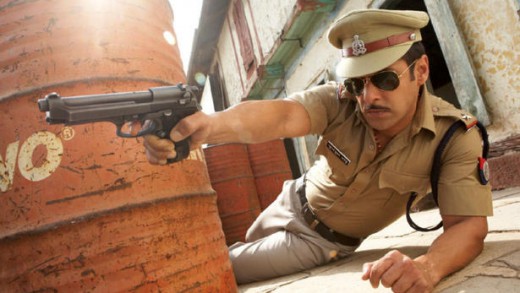If you were to ask my 14 year old self what I watched on TV, I would likely say Malcolm in the Middle, Boy Meets World, The Fresh Prince of Bel-Air and anything on YTV or the Family Channel. What is interesting about these childhood TV shows is that none of them reflected a storyline similar to my upbringing.
If you’re like me, being a Tamil kid in Toronto in the early to mid-2000s was almost an alien world to what Cory Matthews was going through in Philadelphia. I didn’t have a teacher who was also my neighbour. I didn’t have a best friend who practically lived at my house. Instead, I grew up in a basement apartment while my cousins lived upstairs. My neighbours were Chinese immigrants who, much like my own family, barely spoke English.
I think many Tamils in the diaspora would agree that most of what we consumed on television was not the easiest to relate to. Yet we watched them anyway because, well, we had no other options.
I’m not saying that these shows were bad. I would probably say the opposite. Somehow, these shows managed to captivate much of my teenage self through broad narrative themes. In retrospect, I think they taught me about Western society in a completely unique way that my parents or even my Caucasian teachers could not.
Perhaps that’s why Mr. Brown screened Ferris Bueller’s Day Off to a bunch of 7th grade children of Chinese and Sri Lankan immigrants – who were so keen on education and doing well in school – because that’s what their parents had instilled in them. Only Ferris Bueller could make kids realize that sometimes there is more to life than getting an A+ on an algebra test.
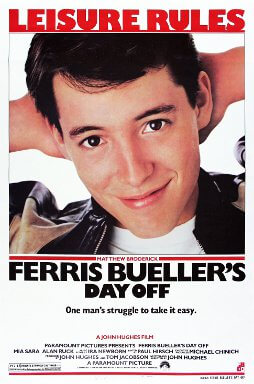
But now, 8 years later, I look back on my teenage years with a sense of disappointment that I didn’t really have a character on TV that was like me. Sure, some could argue that we had heroes in Tamil cinema to look up to. Don’t get me wrong, Vijay and Rajinikanth were super cool – beating up bad guys, fighting for what’s right and in the end always getting the girl. But they seemed just as foreign as Troy Bolton or Derek Venturi.
There are two problems I see. First and most obvious, minorities are still underrepresented in Hollywood. We see it starting to change slowly with shows like Fresh off the Boat and How to Be Indie. But the issue is still very prominent. When we do see an ethnic character, he or she is often the only one in the cast and usually plays a supporting role.
Secondly, storylines around minorities usually ignore how the diaspora functions. Usually, these storylines feature an ethnic family moving into a neighbourhood of white people. The main character, the teenager of the family, grapples between the culture of his parent’s upbringing and the culture of his white friends and teachers at school. But how many of us really had this sort of childhood?
I recently looked back at my grade school photos. I wasn’t the only Tamil kid, but I was definitely one of the few. But more significant was that most of the kids around me were from a Chinese background. When I entered grade 9, I wasn’t a really minority anymore as almost a third of the kids in my high school were Tamil.
I’ll be honest, I didn’t know very many white people growing up until I finally left for university. I’m sure many of us had a similar upbringing. There’s nothing wrong with that either – it’s just how the cookie crumbles. But why aren’t these stories interesting enough for Hollywood to pick up on?
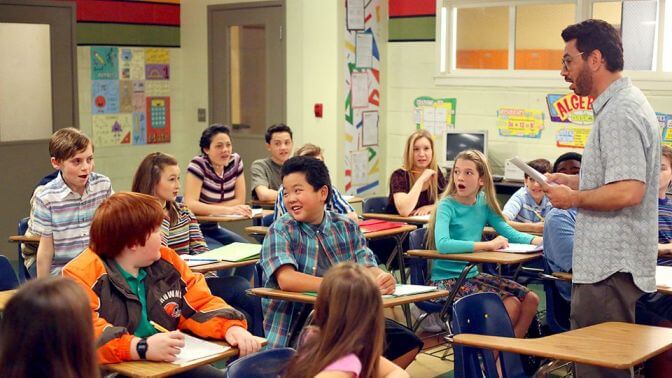
It becomes problematic when we let big studios shape our narratives. When Eddie Huang let ABC create a show about his childhood, he was ecstatic as there was finally an American sitcom based on a Taiwanese family. But when the show finally aired, he tweeted “I’m happy people of color are able to see a reflection of themselves through #FreshOffTheBoat on @ABCNetwork but I don’t recognize it.”
I’m incredibly optimistic that one day we will have more accurate representations of the Tamil diaspora. Platforms such Netflix have given creative licence to comedians like Aziz Ansari, who now have a chance to create their own narratives without much interference.
Most of you who’ve watched Master of None probably finished the first season feeling satisfied not just because it lived up to comedy expectations, but also because it addressed diversity in entertainment circles without pulling any punches. Aziz creates a narrative (based on his own experiences) of life as a South Asian-American man that many of us can relate to. It was surreal to hear Tamil spoken on an American show without it coming off as corny or stereotypical. I could finally see some part of myself on TV.
We need to come together as a community and create stories for ourselves that better reflect a narrative of our own lives. This way, our children are not left with the inability to recognize themselves in television and in Hollywood’s representation of their lives.
Related articles:
Aziz Ansari’s Emmy Nomination for a Leading Role is the First for a South Asian Actor
This is Why Mindy Kaling is a Big Deal
Meet the Tamil Guys

 Vipooshan Gangatharan
Vipooshan Gangatharan